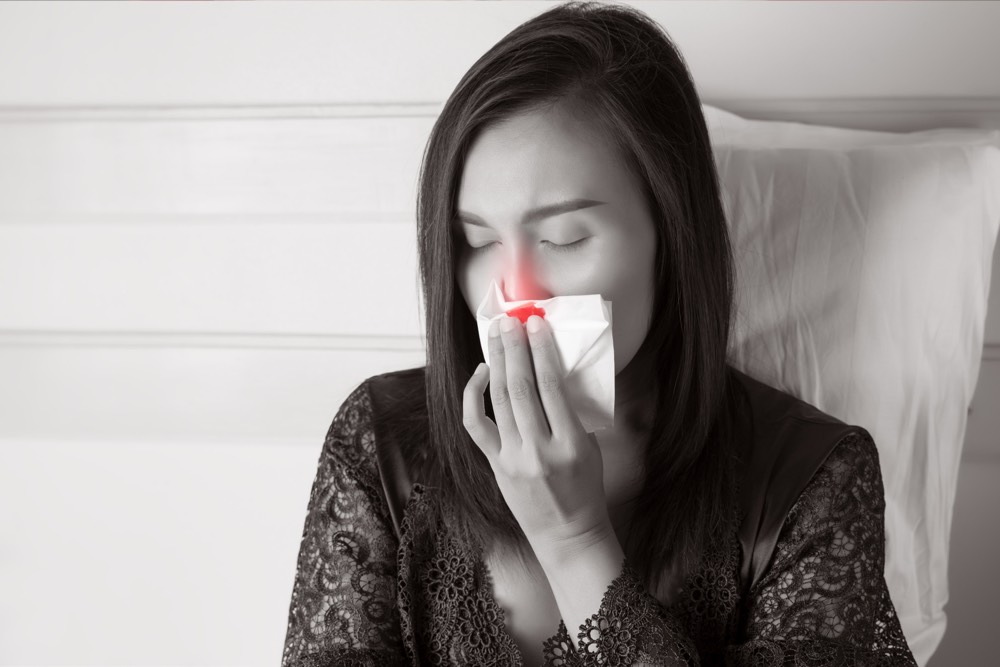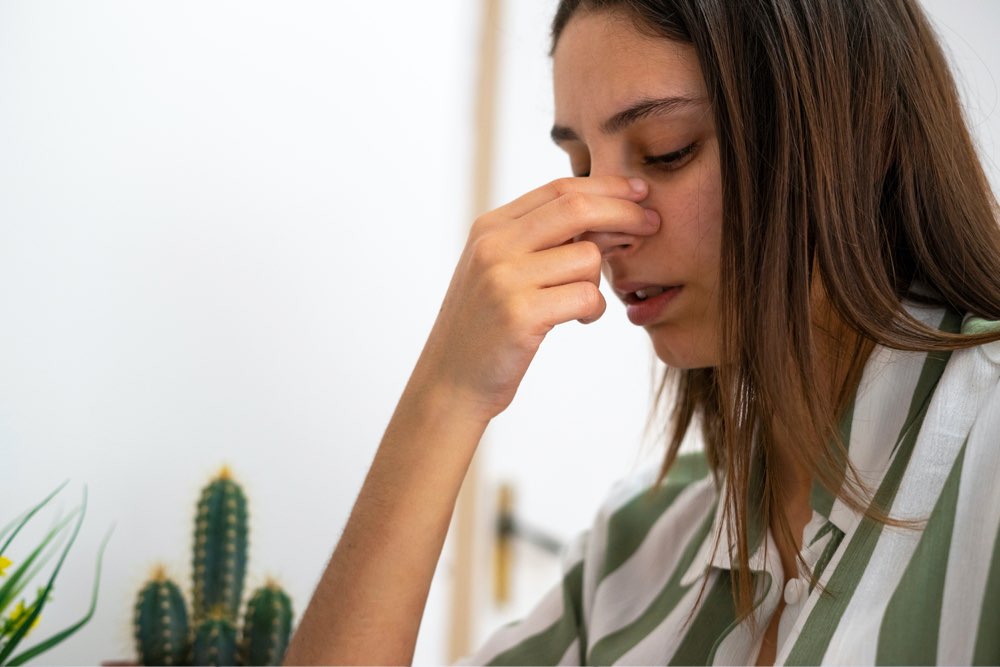Exploring the Connection Between Nasal Polyps and Allergic Reactions
Discover the link between nasal polyps and allergies, their symptoms, causes, and treatment options. Learn how chronic inflammation and genetics contribute to polyp development, and explore effective management strategies to alleviate discomfort and prevent complications.
Sponsored

Nasal polyps are benign growths that develop within the nasal passages or sinus cavities. Typically resembling teardrops, these formations are situated where the sinuses drain into the nasal cavity. Small polyps often cause no significant issues and may require minimal treatment. Larger growths can obstruct airflow and impair sinus drainage, leading to breathing difficulties.
The formation of nasal polyps is primarily due to persistent inflammation in the nasal and sinus tissues. Genetics also contribute to their development.
Symptoms of Nasal Polyps
People with nasal polyps may experience symptoms such as nasal congestion, recurrent sneezing, a runny nose, headaches, and a diminished sense of smell. Additionally, sinus infections and allergies—triggered by dust, fumes, or other irritants—are common in individuals with these polyps. Severe cases may result in chronic sinusitis or nasal deformities.
The Impact of Polyps on Allergic Conditions
Nasal polyps are closely linked to allergies. Research indicates that individuals with polyps often suffer from breathing issues that stem from allergic reactions, sinusitis, or asthma. Some experts suggest that allergy symptoms like sneezing and itchy, watery noses may contribute to polyp formation.
Managing Nasal Polyps
While there is no definitive cure, various treatments can control symptoms. Doctors commonly recommend nasal corticosteroid sprays to reduce polyp size. Oral corticosteroids or injections may be used for more persistent cases. Long-term medication approaches, including antihistamines and decongestants, help alleviate symptoms. If these methods do not succeed, surgical removal of the polyps may be necessary to restore normal breathing and sinus function.






